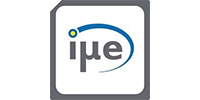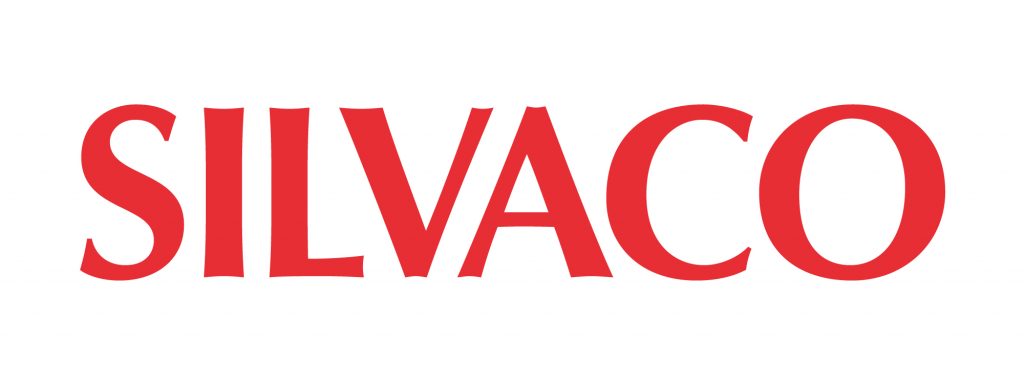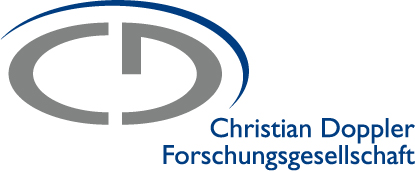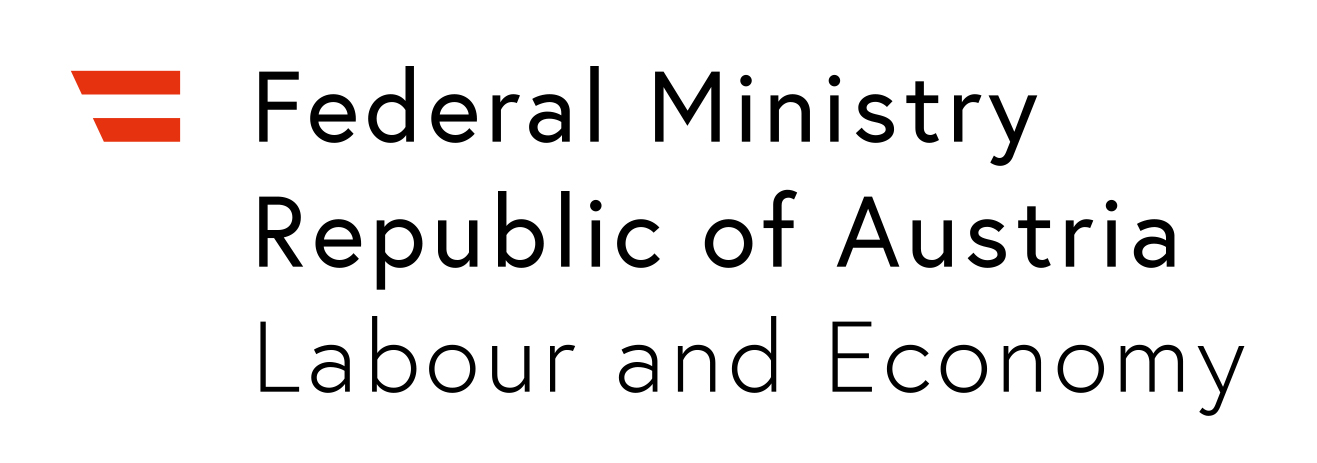
TU Wien is a research university, which sets the highest standards in knowledge transfer according to the three-pronged approach of research, training and innovation having as mission statement: “Technology for people”. It has over 4.800 employees, 30.000 students and 2.700 graduates each year which add value to society, provide impetus for the Austrian economy and serve to bring about progress as a whole. Research at TU Wien is focused on five focal areas: Computational Science and Engineering, Quantum Physics and Quantum Technologies, Materials and Matter, Information and Communication Technology, and Energy and Environment. These five pillars represent strengths and skills of TU Wien going back many years, and they strengthen its profile in international relations.

The Institute for Microelectronics was founded in 1986 with a primary focus on the modeling and simulation of semiconductor devices and processes. The IμE has over three decades of experience in a broad area of device and process simulation. It has continuous collaborations with leading international researchers and corporations from many areas of semiconductor research and development. The institute has also been releasing software tools for process TCAD since its inception over 30 years ago. Some more recent relevant software releases concern those which are actively being developed by this project’s PI, mainly ViennaTS, ViennaLS, ViennaRay, and ViennaPS. In addition, the institute has a vast collection of device TCAD tools it has been developing over the past several decades. These tools have found worldwide applications at industrial and academic research sites. Especially noteworthy is the institute’s support of the scientific computing community, by providing a highly diverse set of libraries and applications under free open source licenses. The compute-intense scientific calculations planned in this project will be performed on a new DELL PowerEdge high performance computing cluster available and owned by the host institute.

Silvaco Inc. is a leading provider of electronic design automation (EDA) software for analog and mixed-signal integrated circuit design. Founded in 1984 worldwide (1993 in Europe) the company delivers proven products for TCAD process and device simulation, SPICE parameter extraction, circuit simulation, and custom integrated circuit design and verification. Their customers include leading fabless semiconductor companies, integrated semiconductor manufacturers, foundries, universities, and designers of integrated cicruits. Silvaco solutions span from atoms to systems: Starting with simulation of material behavior impacting semiconductor devices, to design and analysis of transistor circuits, and lastly providing IP blocks for systems-on-chip (SoC) designs. Their solutions are deployed in production flows across broad industry segments such as leading display companies, automotive OEM suppliers, and top Memory, 5G, and IoT (internet of things) providers.

The Christian Doppler Research Association promotes the cooperation between science and business. Specifically, this takes place in specially established research units with fixed terms, in which application-orientated basic research is pursued: Christian Doppler Laboratories at universities and non-university research institutions, Josef Ressel Centres at universities of applied sciences. Under the direction of highly qualified scientists, research groups work in close contact with the commercial partners on innovative responses to business-related research issues.

The Federal Ministry of Labour and Economy has the primary goal of further enhancing the positive development of the Austrian business location and to issue legislation that leads to a productive labour market and ensures a functioning cooperation in the world of work. The tasks of the Ministry are performed by various Directorates General with differing priorities. The most important public sponsor of Christian Doppler Laboratories is the Federal Ministry of Labour and Economy.

The Vienna Scientific Cluster (VSC) is a collaboration of several Austrian universities that provides supercomputer resources and corresponding services to their users. The current flagship systems of the VSC family are VSC-4 and VSC-5, the fastest supercomputers in Austria. The systems show a similar performance according to the TOP500 list, but due to their different technical equipment, VSC-4 and VSC-5 can be optimally used for different computing tasks. In the CDL for Multi-Scale Process Modeling of Semiconductor Devices and Sensors the VSC will be extensively used to enable and accelerate molecular dynamics and Monte Carlo simulations.
